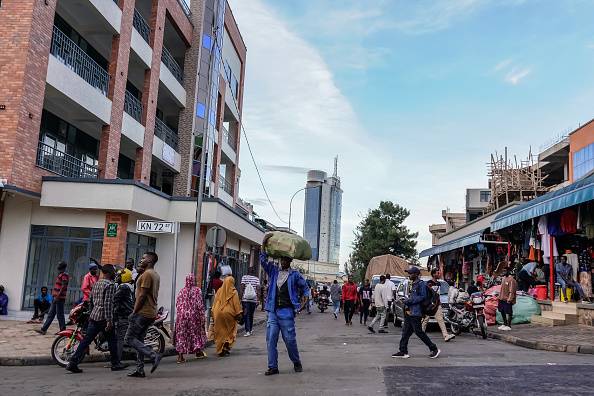Tunisian authorities stepped up their crackdown on the political opposition on 13 July 2024 with police arresting Ennahdha Secretary General, Ajmi Ouirimi, in Mannouba governorate along with two other party members, Mohamed Ghanoudi and Mosaab Gharbi, during what seemed to be a regular ID road check. They remain detained without charge. In response, Heba Morayef, Amnesty International’s Regional Director for the Middle East and North Africa, said:
“It is outrageous to see the Tunisian authorities trampling on people’s rights in their bid to undermine the political opposition. Ajmi Ouirimi, Mohamed Ghanoudi and Mosaab Gharbi had no prior knowledge of any investigation or search warrant against them when they were arrested by the Tunisian national guard. Their lawyers have not been allowed to meet them for 48 hours and have thus far been denied access to the case file or details of the charges against their clients.
“These arrests are particularly concerning ahead of the upcoming presidential elections. Tunisian authorities must inform Ajmi Ouirimi, Mohamed Ghanoudi and Mosaab Gharbi of the reason of their arrest and grant them immediate access to legal counsel. They must immediately release them unless they are charged with a recognized criminal offence, in line with international standards. Failing to do so would indicate this is yet another politically motivated case intended to silence dissent.
“The Tunisian authorities’ disrespect for human rights and their crackdown against opponents must stop. From arbitrary arrests of critical journalists, lawyers, activists and politicians to the systematic undermining of judicial independence, authorities must reverse this repressive path to put human rights front and centre of government.”
Background
Over the past year, Tunisian authorities escalated their crackdown on dissent, using unfounded charges against high-profile opposition figures and other critics. Several members of political opposition groups were arrested, including several high level members of the Ennahdha party such as their chief Rached Ghannouchi, who has been in detention since 18 April 2023, Noureddine Lebhiri, and others who are facing politically motivated charges.
Presidential elections are set to take place in Tunisia on 6 October 2024. Human rights in Tunisia continued to deteriorate almost three years after President Kais Saied’s power grab. Since then, institutional safeguards for human rights protection were dismantled, the judiciary has lost guarantees for its independence, courts have increasingly targeted critics of the president using repressive laws, as respect for the right to freedom of expression has shrunk. Offices of civil society organizations have been raided, with their members arrested or facing prosecution.














.jpg&h=630&w=1200&q=75&v=20170226&c=1)





Discussion about this post